By Peter Kross
One of the most interesting yet little known aspects of World War II was the role played by the Duke of Windsor, previously King Edward VIII of England, and his covert relationship with Adolf Hitler’s Germany. In 1936, Edward abdicated the British throne to marry an American divorcée, Wallis Warfield Simpson. If the scandal of the King’s abdication was not enough, many people of the era also allege that both Edward and his new wife were sympathetic to the Nazi cause and, whether intentionally or not, were secretly working with the highest members of the Third Reich.
Over the last few years, formerly top secret files that had been classified for decades regarding the mysterious actions surrounding King Edward VIII of Britain and his wife have been gleaned from both American and British archives. These files, while inconclusive and revealing no smoking gun, have allowed historians and writers to better understand events during the couple’s tumultuous lives, particularly given the circumstances of the times. While there is no incontrovertible fact that links the Duke of Windsor directly to the Nazi cause, a good, circumstantial case can be made to portray him as a puppet of the Nazi regime, a man who was, wittingly or unwittingly, being manipulated by the Germans.
The words spoken by the Duke during the war years, at a time when Britain was threatened with outright occupation as the Germans were poised to invade the island nation, gave reason for many of his fellow countrymen to believe that he was at least unaware of the precarious political course he was following.
The Making of a King
Who were the two principals in this drama of love and politics? Edward was born on June 23, 1894. His father was to become King George V of England, ascending the throne in 1910. His son, Edward, was in line of succession to be the next king upon his father’s death, and the young prince’s family called him David, a nickname that he would carry throughout his adult life. As a youth, Edward attended the Royal Naval College at Osborne located on the Isle of Wight. He wanted to be treated just like the other naval cadets, and he was obliged by the other students when they played practical jokes on him. He was soon given the sobriquet of “Sardines” by his contemporaries. Edward was 16 when his father was crowned King of England in 1910 and he conferred on his son the title Prince of Wales. Upon graduation, Edward joined the Royal Navy and in 1912 was admitted to Oxford, the most elite of British universities.
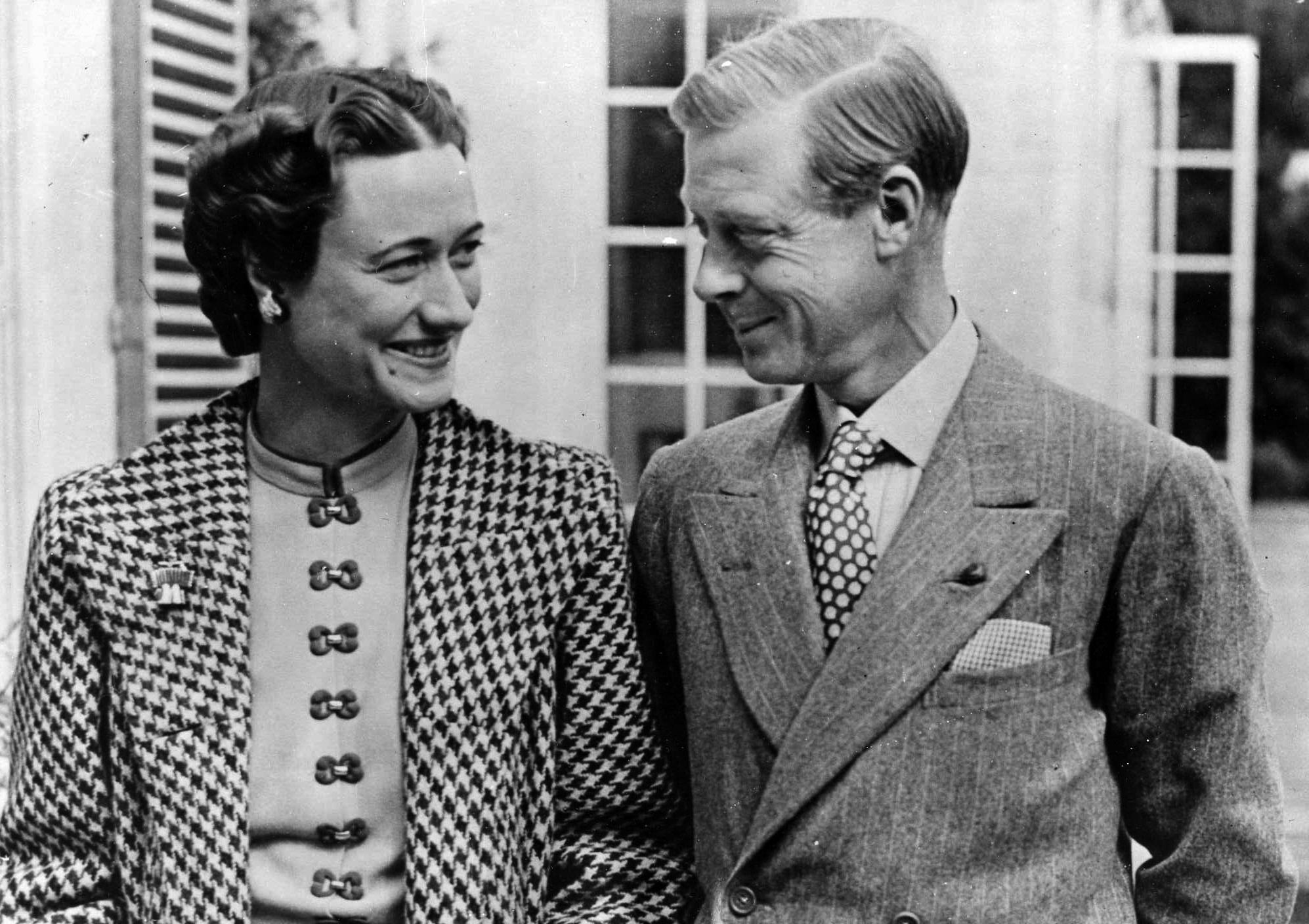
During World War I, Edward served in France at the headquarters of the supreme command, and as a second lieutenant he was given menial tasks to perform, something at which he chafed. His most exciting assignment was to act as an interrogator of captured German prisoners. He also acted as a liaison officer to French headquarters and came away with a less than stellar impression of his French comrades. Before the war ended, Edward was assigned by his father to serve as a liaison between the throne and top officers in the British military, essentially acting as his father’s spy.
The crowned heads of numerous European countries were in some way related to the King of England and his immediate family. Among the relatives of the British royalty were German royals, including the Prince of Hesse and the Prince of Coburg Saxe-Gotha. Queen Victoria was, in fact, the grandmother of Kaiser Wilhelm. Other relatives included the ruling family of Russia. Edward held his royal cousins in high esteem, especially those in Germany. It was to be his close association with many members of the post-Kaiser government of the 1920s and 1930s that would lead some people to question his loyalty to England.
Edward’s lifelong preparation to become King of England culminated in January 1936 upon the death of King George V. Grief stricken over the loss of his father, he managed to pull himself together and assume his new responsibilities.
“Germany’s Internal Affairs are its Own Business”
A controversy that had been brewing for some six years now came into full view. In November 1930, the future king had met an American divorcée named Wallis Warfield Simpson at a dinner at one of Edward’s country homes. This brief encounter eventually led to Edward’s declaration of love for the commoner and his abdication from the throne in December 1936.
When he became king, Edward began to speak out on political events then taking place in Europe. Adolf Hitler had taken control over Germany and was making immediate preparations for war. Disregarding the terms of the Versailles Treaty that ended World War I, Hitler was bent on dominating the European continent and plunging the world into war once again. Edward, whose Germanic cousins had played an important role in his upbringing, now openly spoke out on behalf of Germany’s new, bellicose foreign policies.
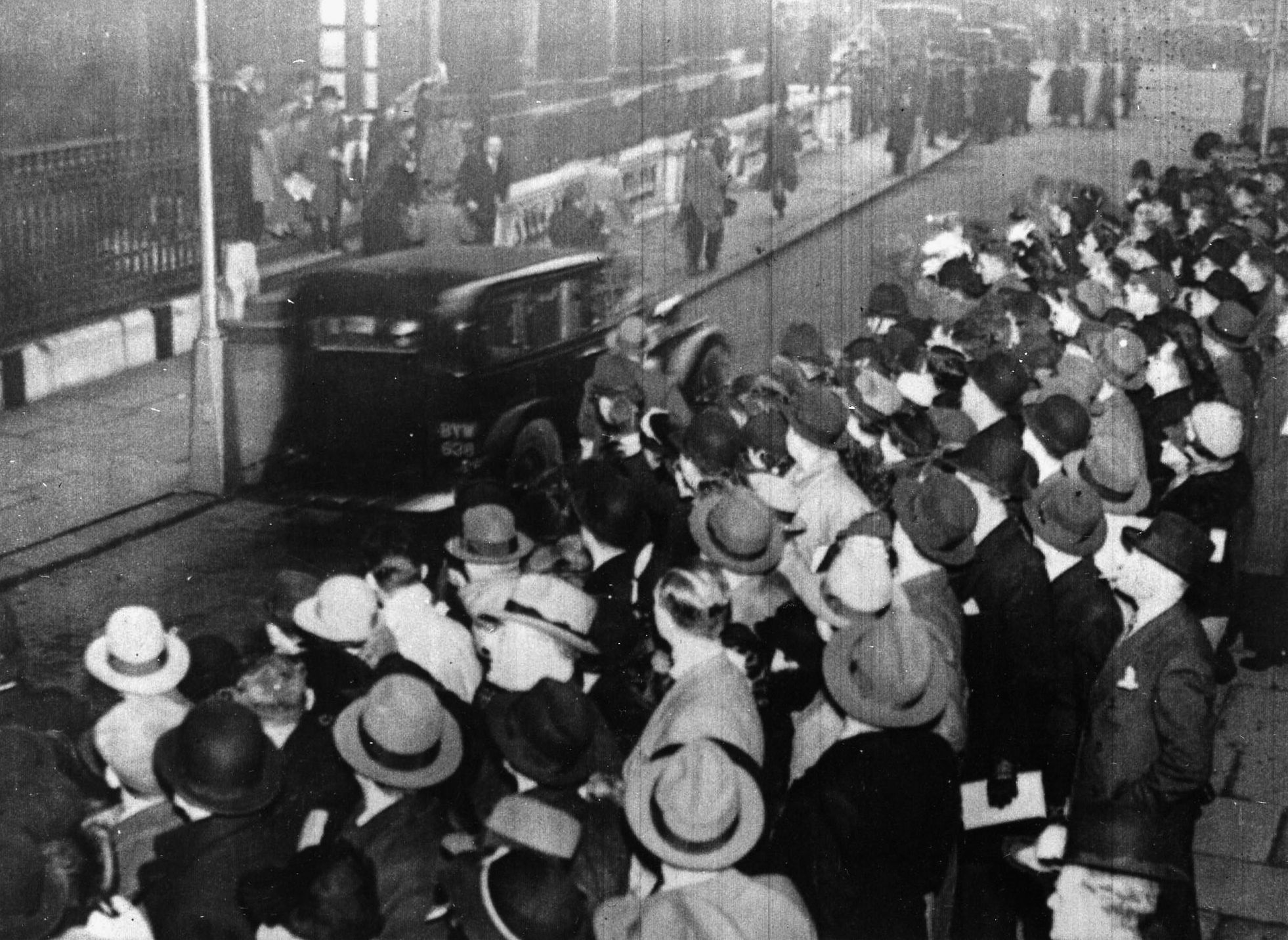
Over the course of the 1930s and 1940s, the Duke of Windsor’s comments regarding Germany would haunt the governments of Prime Ministers Stanley Baldwin, Neville Chamberlain, and Winston Churchill. Edward did not have a favorable impression of the French government, saying at one point, “The French really are impossible people, and so impetuous.” He was most concerned about the rise of communism in Russia, and at the same time began his politically improbable interest in German policies regarding Europe. Speaking openly about internal events in Germany, Edward remarked to Louis Ferdinand of Prussia in 1933, “Germany’s internal affairs are its own business,” and added, “Dictators are very popular these days, and we might want one in England before long.”
The Nazis viewed the Duke of Windsor as a person who could be manipulated to their own devious ends. Like many people in high political office in a mostly Christian Europe, Edward made a number of anti-Semitic remarks that endeared him to the top men in Berlin. The Nazis believed they now had a sympathetic ear in London and did all they could to cultivate their new advocate. Hitler ordered that German diplomats in England pay special attention to Edward. In June 1935, Edward met with Nazi Foreign Minister Joachim von Ribbentrop. In his subsequent reports to Berlin, Ribbentrop noted to Hitler that Edward was sympathetic to German interests. “After all, he is half German.”
Edward further agitated his fellow countrymen by not condemning Hitler’s annexation of Czechoslovakia in 1938 and saying that Germany was in its right as a sovereign power to act as it saw fit. A top-ranking American diplomat in Britain reported to Washington, D.C., that, in his opinion, “The Prince of Wales has become the German protagonist.”
In the years before taking the throne, Edward held two important political beliefs which he continually emphasized. Peace, he asserted, was preferable to war at almost any cost. And, Great Britain, he said, was at greater peril from the growing strength of Soviet communism than from German Nazism. It was these two beliefs that his critics would emphasize, essentially making him a pariah to many at home.
Scandal and Abdication
If these political problems were not enough, the Duke’s new lady friend, Wallis Simpson, was secretly in communication with many of the top leaders of Germany, including von Ribbentrop, with whom she was having an affair.
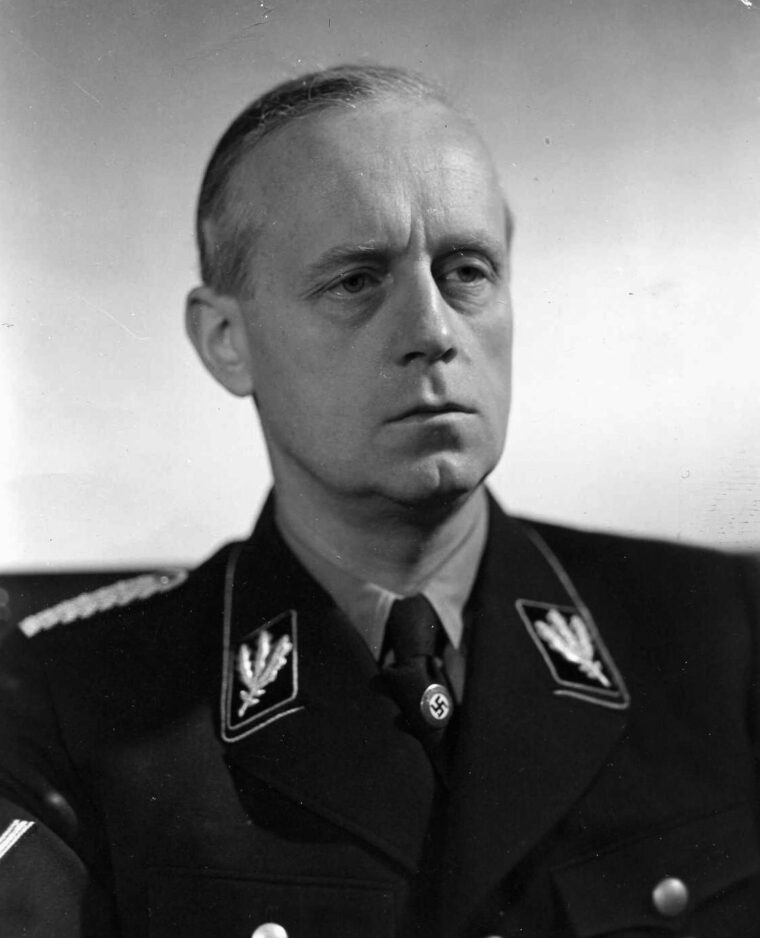
Bessie Wallis Warfield was born in Baltimore, Maryland, in June 1896. She came from a poor family but rose in social prominence and had her coming-out party, as did many young women of the time. Her first marriage was to a Navy pilot named Earl Spencer, but the bond did not last long, and the couple soon divorced. In 1928, she wed her second husband, a British-American named Ernest Simpson. During the next five years, Edward was seen many times in the company of Wallis Simpson, and soon a sexual relationship developed. By the time Edward ascended to the throne in 1936, the Simpson marriage was history and the new bachelor king was madly in love with his American sweetheart.
In November 1934, Edward brought Wallis as his guest to a party at Buckingham Palace, where she was introduced to his father, King George V, and his mother. Edward’s relationship with Mrs. Simpson now blossomed into a full-scale scandal for the royal family, and the King and Queen did all they could to distance themselves from their son and his American lady friend. Edward even brought Wallis to meet Prime Minister Baldwin, who was not very pleased to make her acquaintance.
After receiving the necessary approval from Parliament, Edward officially abdicated on December 11, 1936. The next day, his brother was proclaimed King George VI. Edward and Wallis departed for Austria and were married on June 3, 1937, in France at the home of Charles Bedeaux, a man with close ties to Hitler’s regime.
In 1937, Edward and Wallis traveled to Germany where they received a lavish reception from the Nazi leaders, including Hitler and Deputy Führer Rudolf Hess. Their trip was given widespread attention in Britain, and the criticism heaped upon the Duke and his bride made front page news. His enemies at home called the Duke a German pawn, and his many statements regarding his admiration for Hitler’s Germany only added to the political firestorm that was swirling uncontrollably around Edward.
“17 Carnations Every Day”
In recent years, newly released documents from the FBI and British Intelligence give a rather dark picture concerning the secret life of Edward’s new wife. FBI files reveal that a Benedictine monk in a Franciscan monastery in the United States, Father Odo, had once held the title of Duke of Wurttenberg and was close to Queen Mary, Edward’s mother. Father Odo told the FBI that Wallis had a long romantic affair with von Ribbentrop when the latter was ambassador to Britain in 1936, and that she was constantly passing on information from British sources to von Ribbentrop. Father Odo said that von Ribbentrop “sent Wallis Simpson 17 carnations every day. The 17 supposedly represented the number of times they had slept together.”
In 1935, British Intelligence was keeping a close watch on Wallis Simpson. A memorandum issued during that year states, “Contact with the Simpsons is being maintained but the identity of Mrs. Simpson’s secret lover has not yet been established.… Mrs. Simpson is apprehensive of losing the affection of POW (Prince of Wales) which she is very anxious to avoid for financial reasons. She has said that she does not want to be treated like Lady Furness (also one of Edward’s romantic interests). She is therefore keeping her secret lover in the background.”
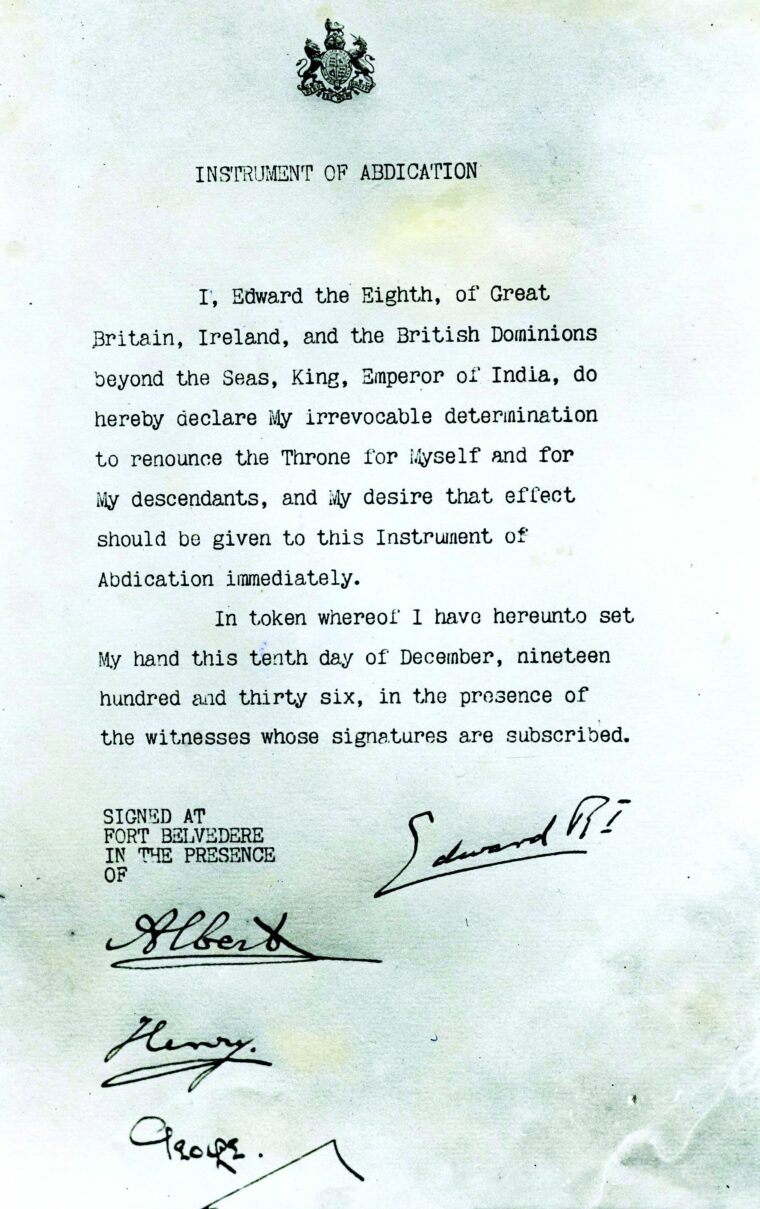
In the United States, the Roosevelt administration kept voluminous files on the Duke and his wife. After the United States entered the war, the FBI sent the following message to President Roosevelt: “It has been ascertained that for some time, the British government has known that the Duchess of Windsor was exceedingly pro-German in her sympathies and connections and there is a strong reason to believe that this is the reason why she was considered so obnoxious to the British government that they refused to permit Edward to marry her and maintain the throne.”
The FBI documents further state, “Both she and the Duke have been repeatedly warned by representatives of the British government that in the interest of the morale of the British people, they should be exceedingly circumspect in their dealings with the representatives of the German government. The duke is in such a state of intoxication most of the time that he is virtually non compos mentis. The duchess has repeatedly ignored these warnings.”
A damning sentence in the FBI report further states, “Because of her high official position, the duchess is obtaining a variety of information concerning the British and French activities that she is passing on to the Germans.”
Operation Willi
After Britain entered World War II, the Duke, still officially an officer in the military, briefly returned to England and served in a token position as a military liaison official in the city of Vincennes. He did, however, write a well- received report on the feasibility of holding the Maginot Line, France’s system of fixed fortifications along the border with Germany, in modern warfare. When France fell in June 1940, the Duke and Wallis fled for Spain, where, according to the FBI, the communications between the Duchess and von Ribbentrop were apparently facilitated because of the pronounced Nazi sympathies in Spain.
From Spain, the couple traveled to Portugal where they were put up at the lavish home of a pro-Nazi money man named Ricardo Espirito Santo Silva. It was while they were in Lisbon that a daring, covert plot hatched by German Intelligence was implemented to keep the Duke from sailing to New York—by force, if necessary.
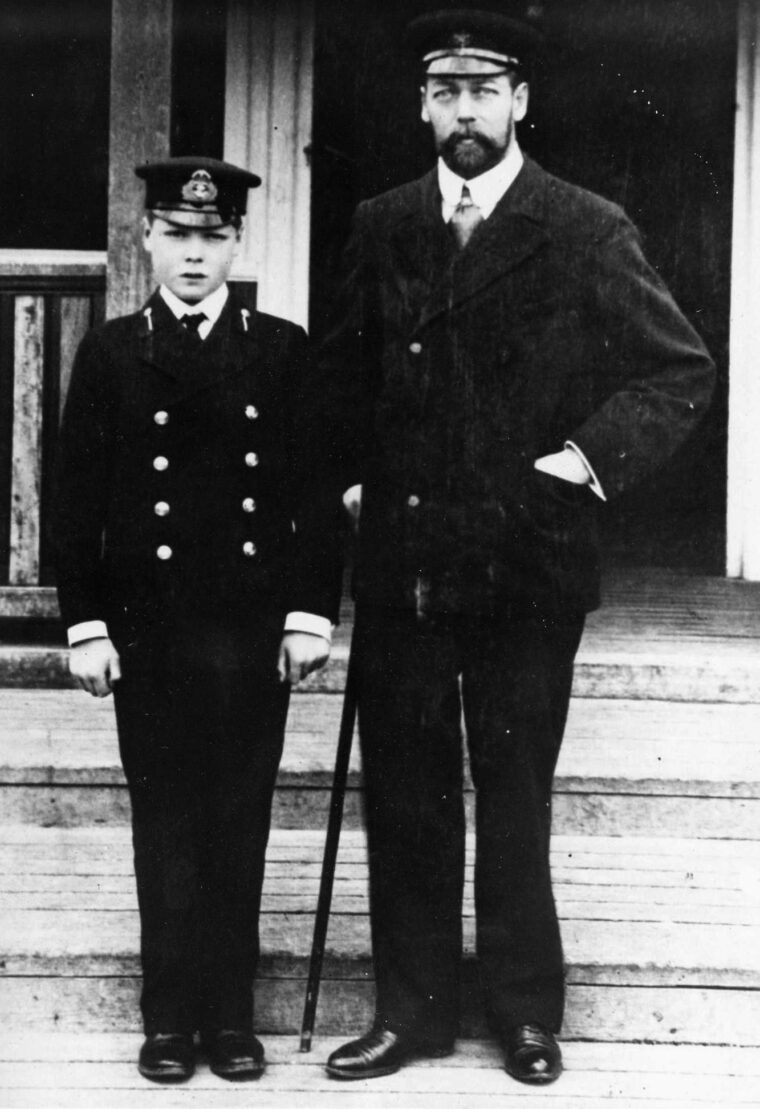
The plot, codenamed Operation Willi, was concocted by von Ribbentrop and called for the Duke’s forcible return to Spain where, in the event of the fall of the present British government, the Duke would assume the throne under German domination. A Spanish diplomat by the name of Don Miguel Primo de Rivera met with the Duke to try and persuade him to return to Spain from Portugal. During their meeting, the Duke once again made disparaging remarks about the British government, calling the King “stupid” and remarking that the Queen was a “clever intriguer.”
When the Duke decided not to return to Spain, a second component of Operation Willi was put in motion. The man in charge of the operation was Walter Schellenberg, a rising star in Hitler’s elite SS. As an inducement to return to Spain, Schellenberg was given permission to pay the Duke up to 50 million Swiss francs, depositing the funds in a Spanish bank account, if he would sever all ties to the British monarchy and repudiate Churchill’s wartime policy.
Schellenberg traveled to Lisbon where he had private conversations with the German ambassador, Baron von Hoyningen-Huene. As a last resort, an abduction scheme called for German agents to grab the Duke during a hunting party and spirit him out of Portugal and into Spain. Schellenberg also planted a rumor that a bomb had been placed on a ship that the Duke was to take to New York via the Bahamas. Unfounded rumors also reached the Duke via the Germans that the British Secret Service was going to kill him. No action was ever taken by the Germans against the Duke and his wife, though.
Associating with a Nazi Sympathizer
For Edward, one last chapter in his life was about to be written. While the Duke was still in Lisbon, the British government appointed him as the new governor general of the Bahamas, an out of the way British possession where, they hoped, he would not get into any further trouble. The couple arrived in Nassau in August 1940, finally away from the intrigues of Europe.
Edward adapted easily to his new duties in Nassau, the sleepy capital city of the Bahamas. He soon was introduced to many of the wealthy businessmen and the bevy of local politicians who were of any importance on the island. One of the men with whom the Duke became friendly was a successful Swedish industrialist named Alex Wenner-Gren, the president of the giant Elektrolux Company. He was also a visionary, seeking peaceful solutions to all the world’s problems and offering his services to all who would listen to his wild schemes.
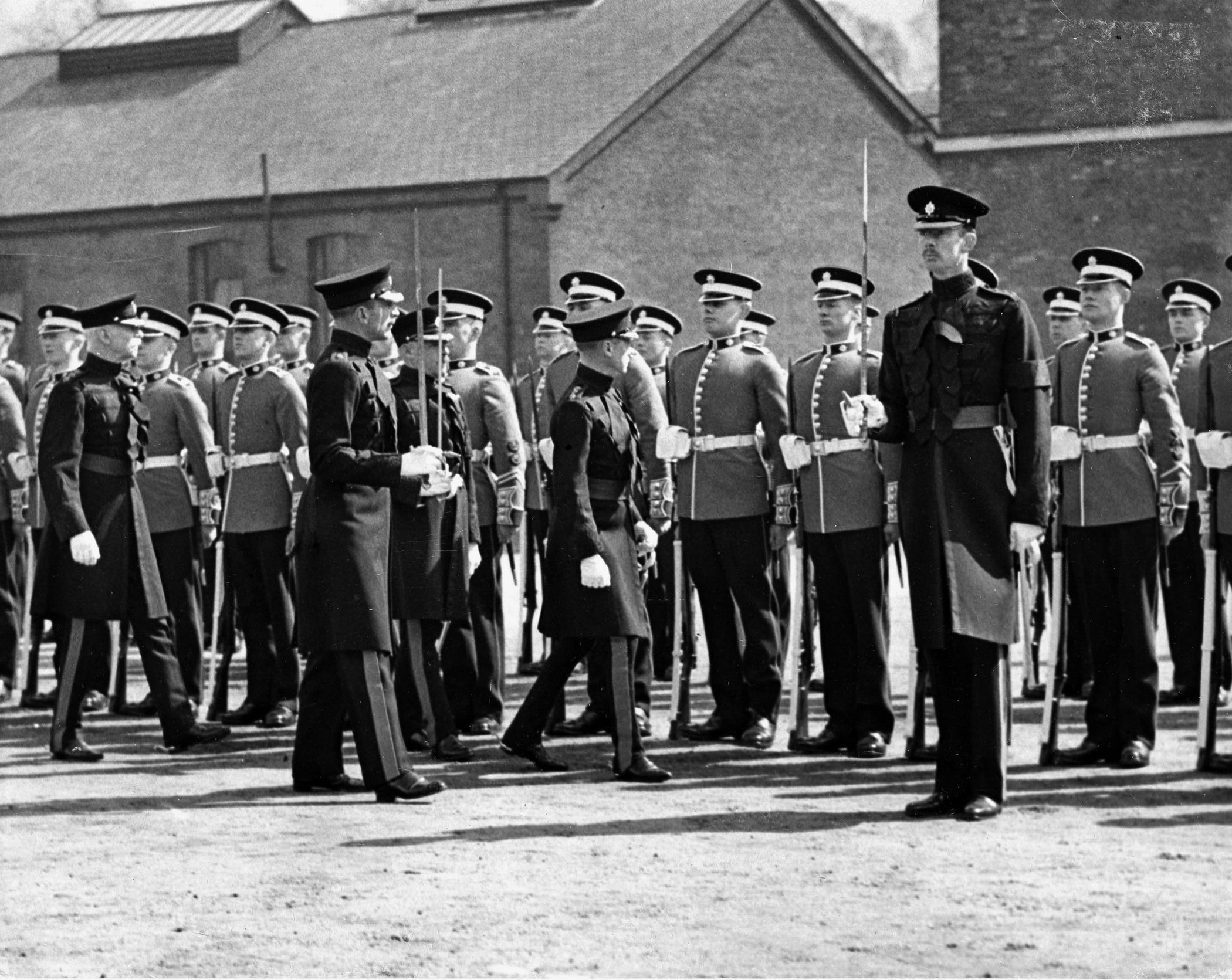
Wenner-Gren was also a Nazi sympathizer, however, who attracted the attention of the FBI. The State Department placed Wenner-Gren’s company on a blacklist of firms with which U.S. companies were forbidden to do business. U.S. Naval Intelligence suspected Wenner-Gren of using his yacht in Mexico to refuel German U-boats sailing in the waters of the Caribbean. Naval Intelligence files reporting on Wenner-Gren’s activities stated that they could not understand how the U-boats could remain at sea as long as they did.
In July 1940, Under Secretary of State Sumner Wells wrote about Wenner-Gren, “I haven’t got a word of proof, but I have the most violently strong hunch that the man is acting as an agent for the German Government.”
Further FBI reports said that the worst they could find on him with any confidence was that he saw himself as a “high-class middleman” between contacts on both sides, and a seeker of a negotiated peace. Both the British government and the royal family tried to dissuade Edward from having any further ties with Wenner-Gren, but the Duke, finding a soulmate who shared his views on many international topics, disregarded their advice.
Edward After the War
After the war ended, Edward and Wallis left the Bahamas. They moved to France in 1952 and remained there for the next 20 years. The Duke visited his native England only twice in the years following his abdication. He died in May 1972, a man largely forgotten during the passage of time and events. Yet, his role as a Nazi sympathizer and possible traitor to England during World War II is still one of the lingering mysteries of the war.
Peter Kross is the author of The Encyclopedia of World War 2 Spies and Spies, Traitors and Moles An Espionage and Intelligence Quiz Book. His new book, Target Fidel, is due out in the fall of 2008.
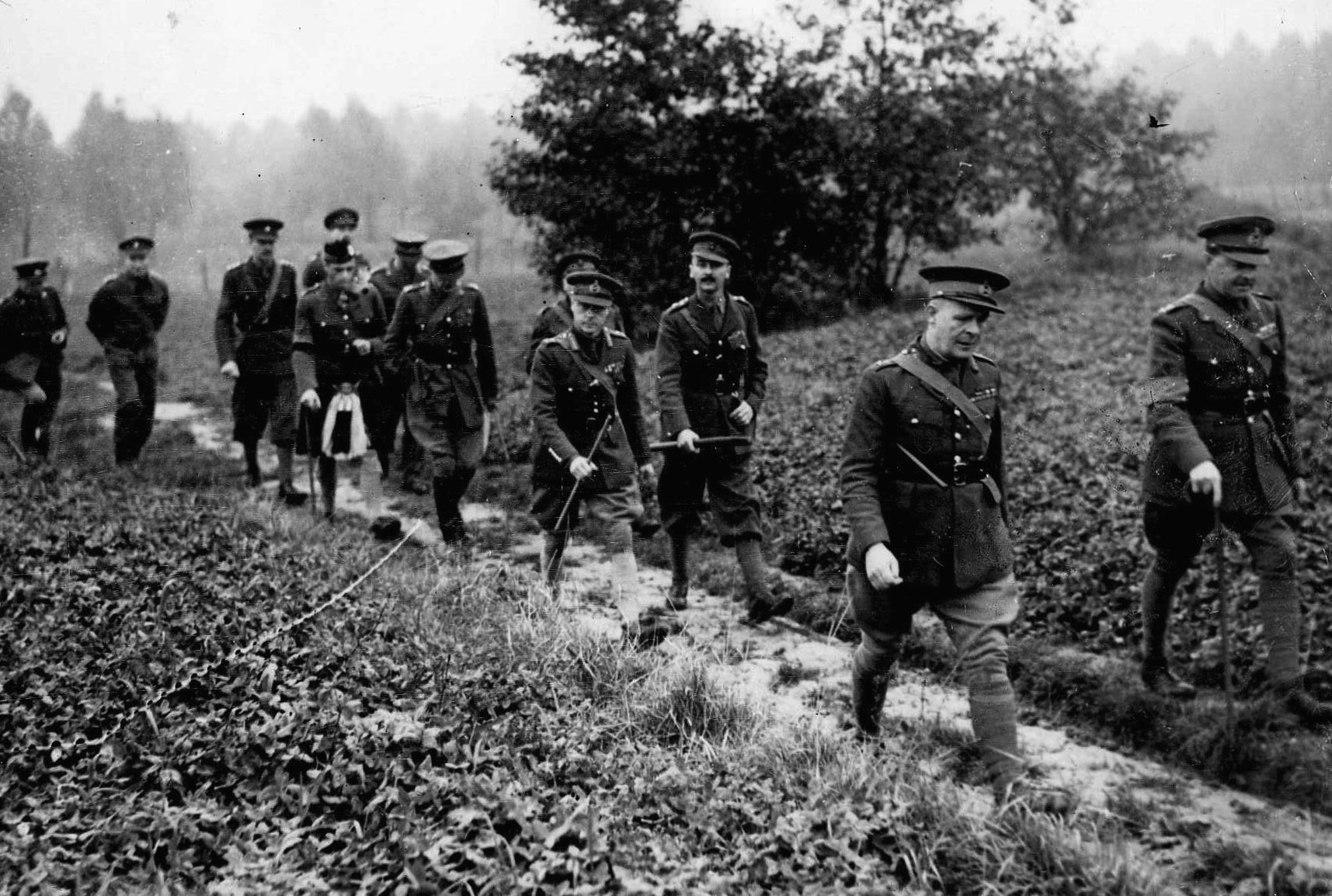
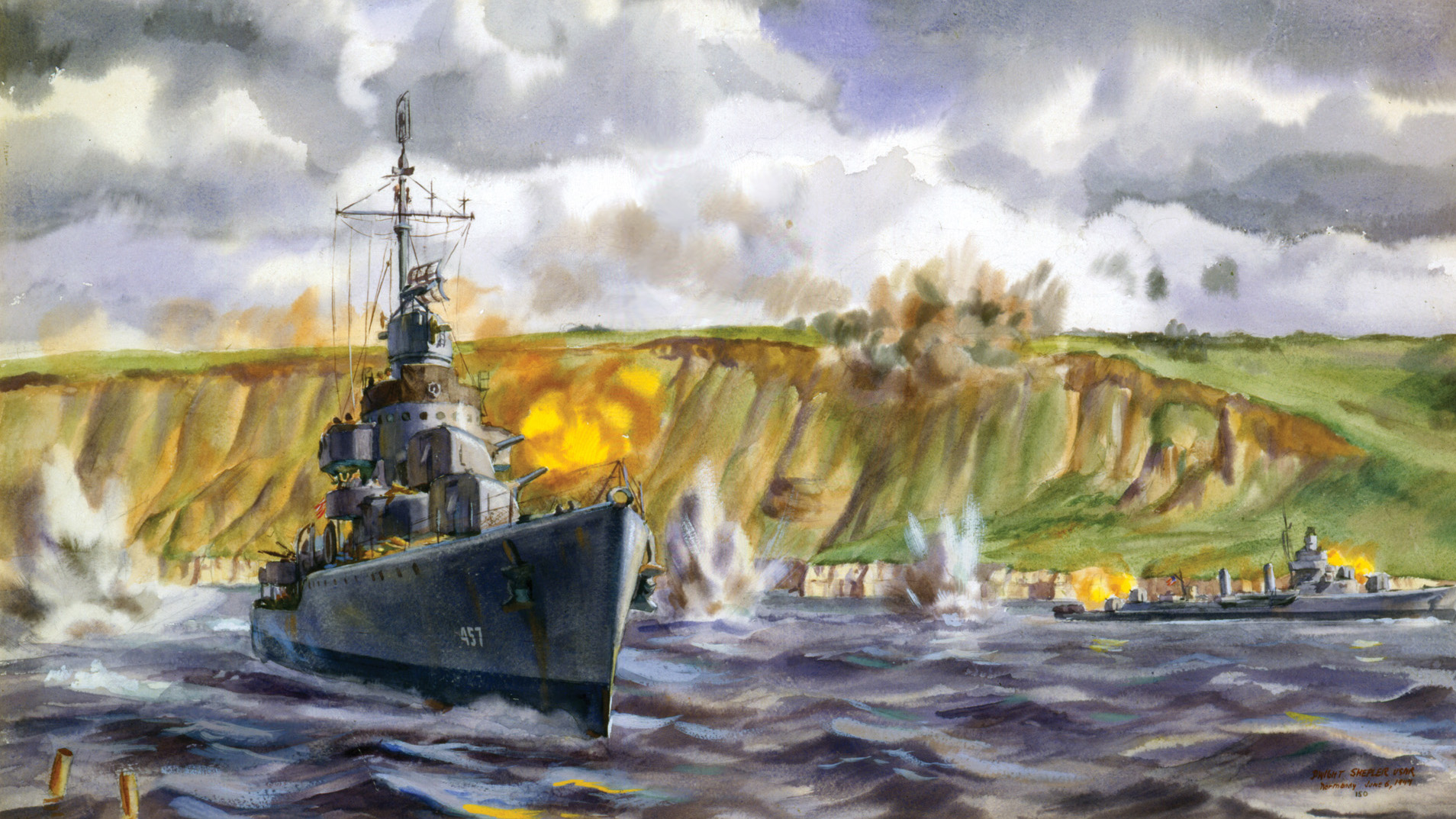
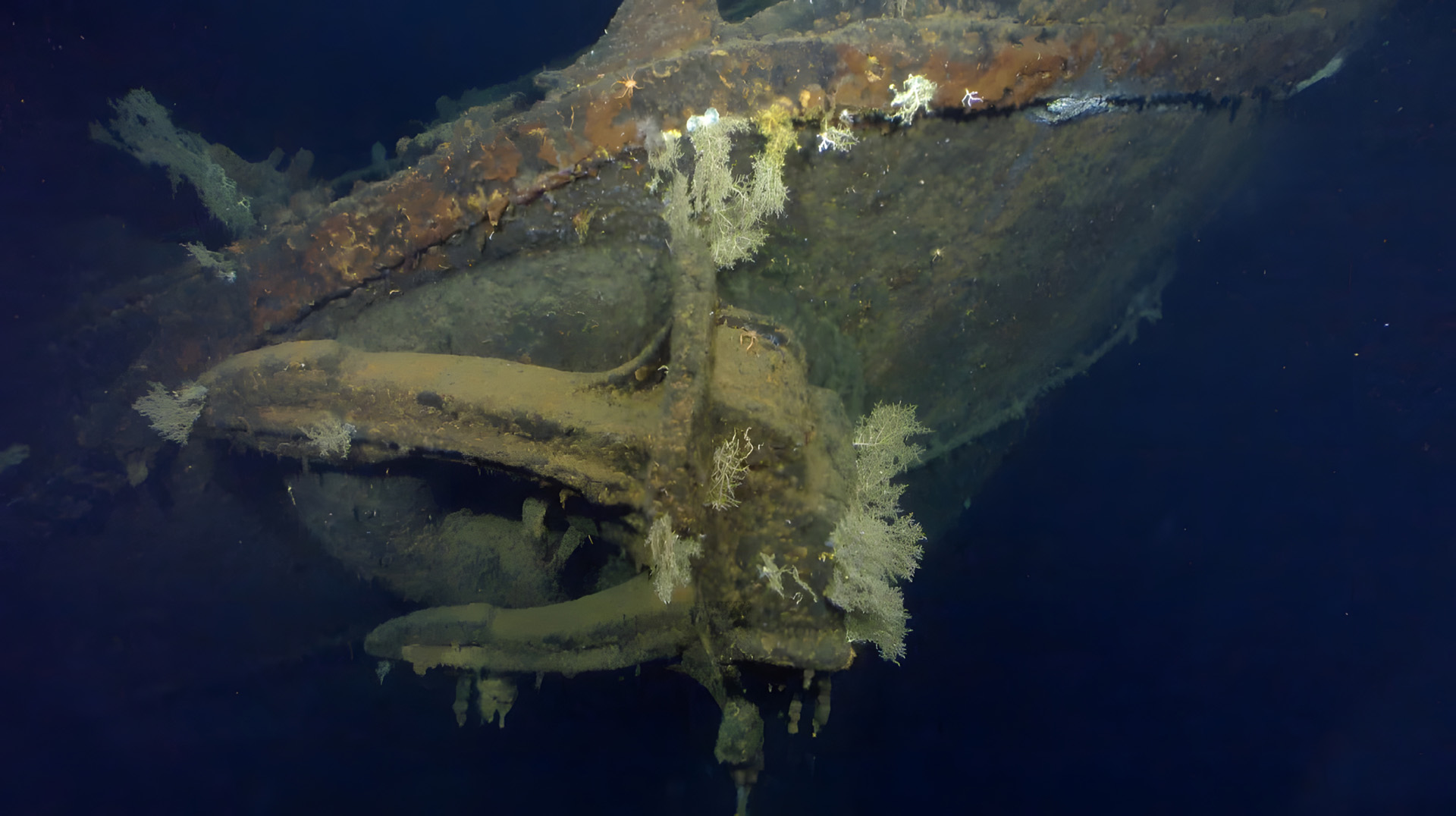
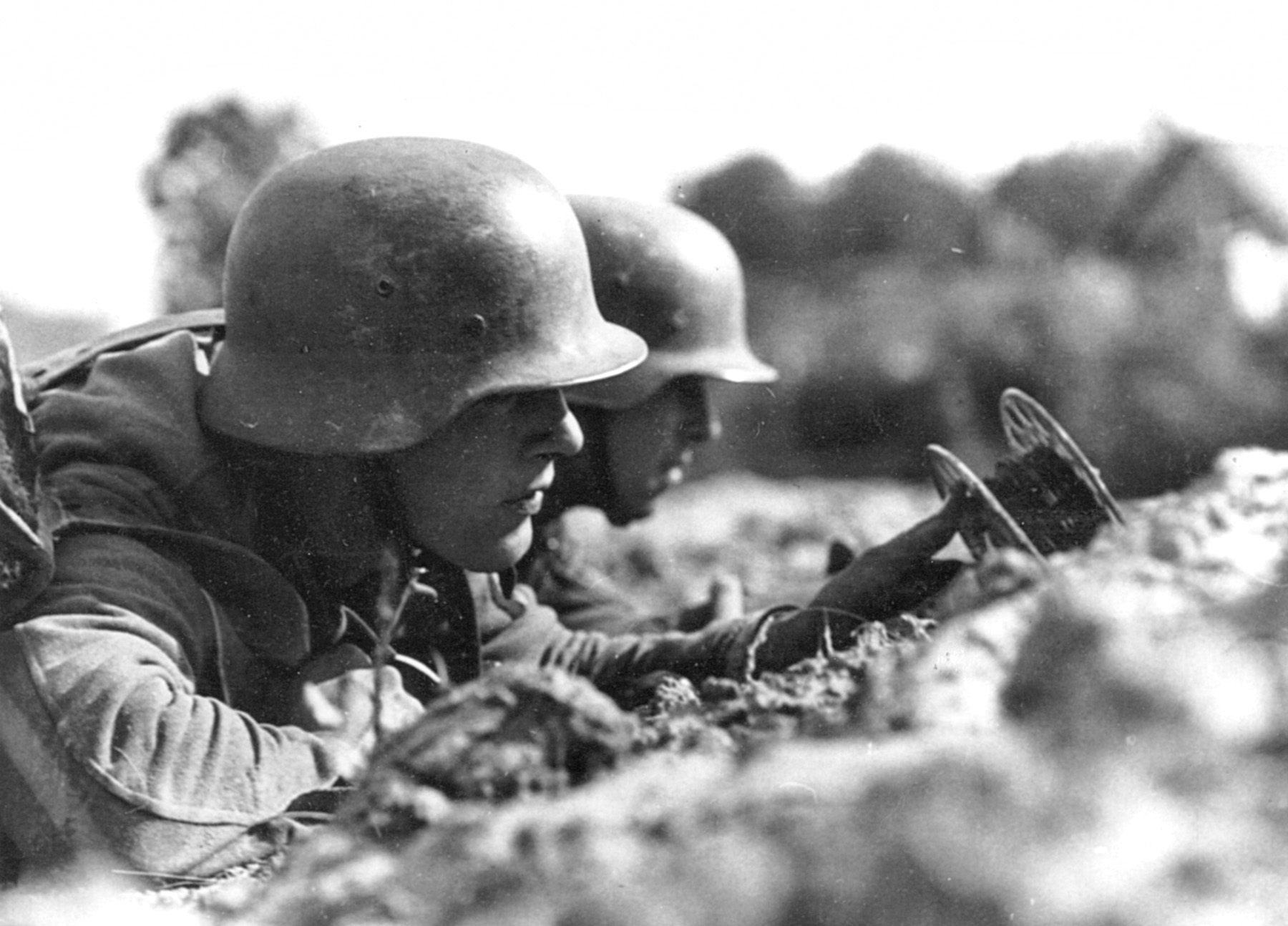


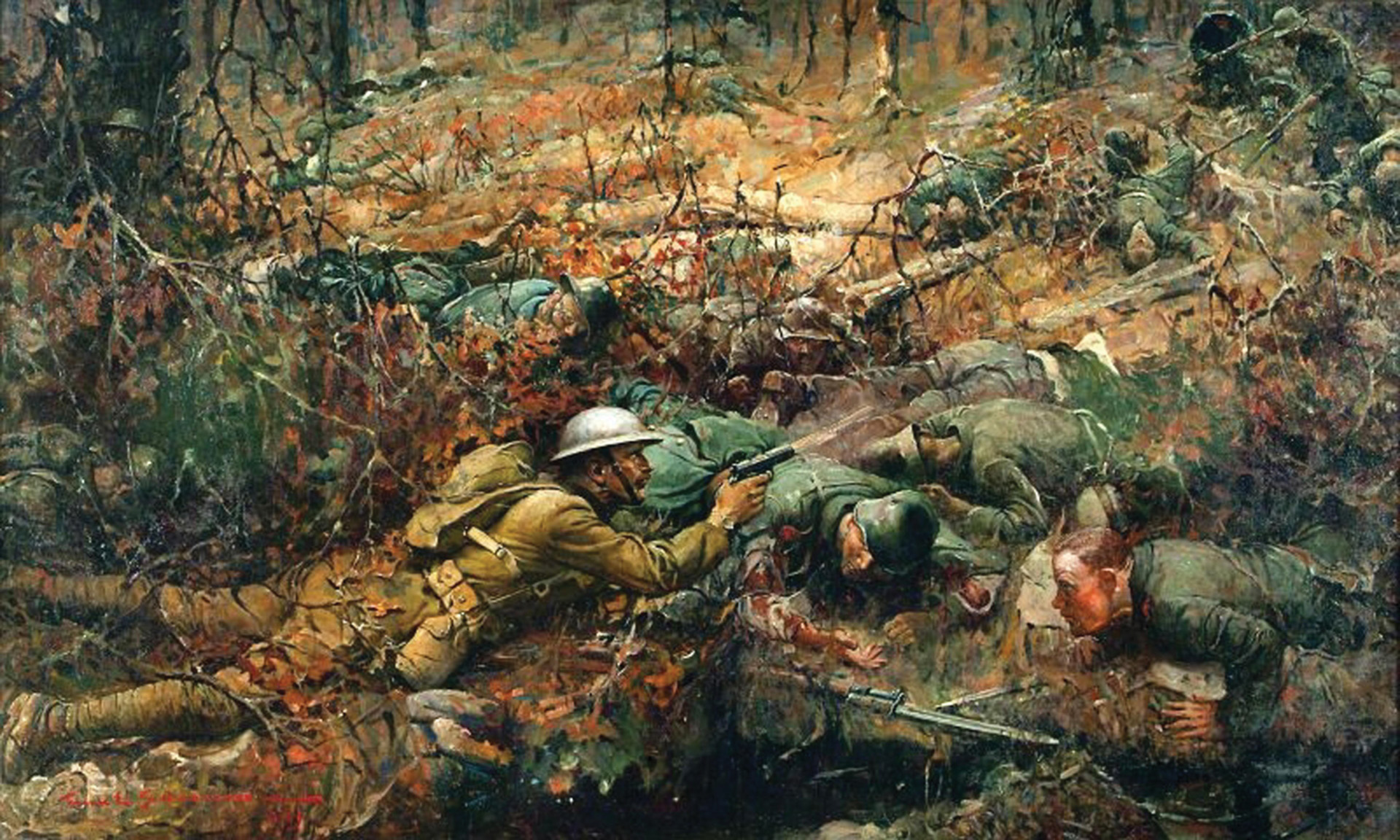


I believe I read somewhere that the British Navy extracted the Duke and Duchess in a fairly frantic effort to keep the Nazies from capturing them.
Further the Duke and Duchess in Nassau were far from perfect. Upon arrival in Nassau the Duchess informed London that a significant amount of money was required to refurbish the Governor’s House. She was that there was a war on and to make do.
Also, there was a strange murder of a Canadian mining magnate. Somehow the Duke got involved and I believe disturbed some of the evidence.
If these facts are true they should be incorporated into the story of the Duke and Duchess.
I have seen literature that states that the Duke requested the Nazis to send the furniture from his Paris residence to Portugal and that the German government did so. Can you confirm that?
I had a acquaintance with a British lady who was an elementary student at the time and she told me that many, including her family, regarded the royal couple in about the same light as Americans regarded Lindbergh and the America First movement. Almost everyone was in agreement that their posting to the Bahamas was so that MI 6 could keep an eye on them.